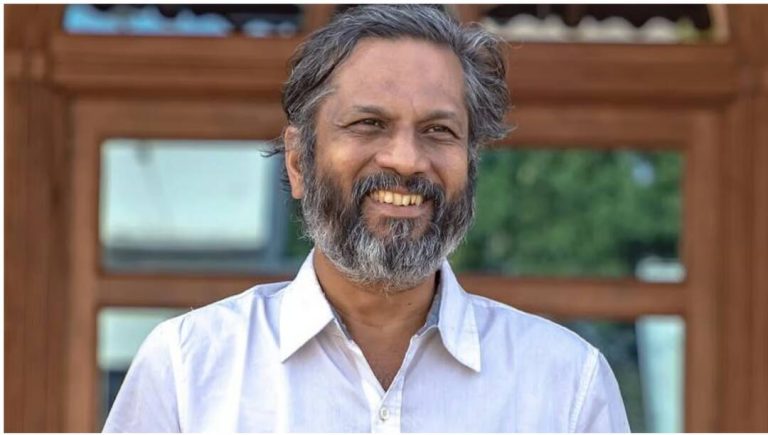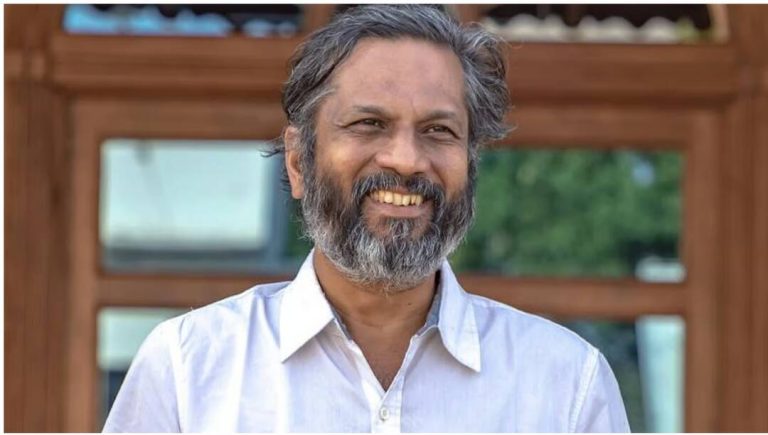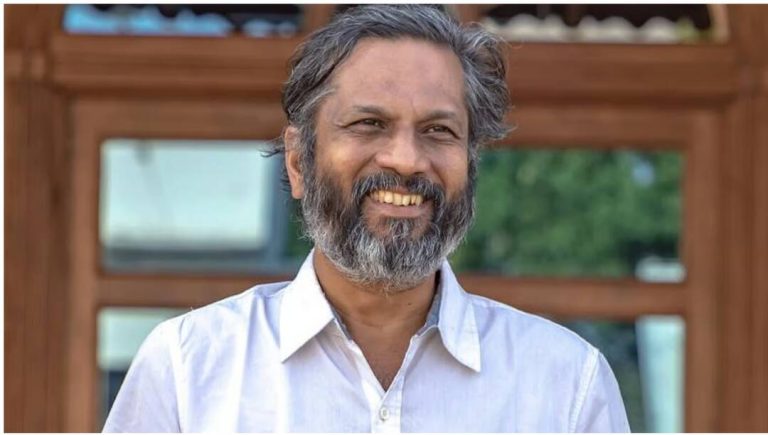
Indian-origin Founder praises intern for staying past midnight to finish work in US, criticised
The concept of a healthy work-life balance has been a topic of discussion for years, with many advocating for employees to prioritize their personal well-being over the demands of their job. However, a recent incident involving the Indian-origin Founder of Entelligence AI, Aiswarya Sankar, has sparked controversy and debate on social media. Sankar faced criticism after she praised an intern for working past midnight to finish a task, highlighting the darker side of the startup culture and the expectations placed on young professionals.
The incident began when Sankar took to social media to praise one of her interns, Anindhya, for his dedication to his work. “Be like our new intern Anindhya refusing to leave past midnight to finish testing a customer ask that got dumped on him at 9 pm,” she said. While Sankar’s intention was likely to commend Anindhya’s work ethic and commitment to his job, her post was met with widespread criticism and backlash.
Many users on social media were quick to point out the unhealthy expectations that Sankar’s post perpetuated. “This is actually sad,” an X user said, while another said, “Free my guy.” The criticism centered around the idea that it is unacceptable to expect employees, especially interns, to work long hours without adequate compensation or recognition. The fact that Anindhya was “dumped” with a task at 9 pm and felt pressured to stay past midnight to complete it raises concerns about the company’s management and prioritization of employee well-being.
The incident highlights the pervasive culture of overwork and burnout that is often glorified in the startup and tech industries. The notion that employees must be willing to sacrifice their personal time and well-being for the sake of their job is a harmful and unsustainable expectation. It can lead to physical and mental health problems, decreased productivity, and a lack of creativity and innovation.
Moreover, the fact that Sankar praised Anindhya’s actions without acknowledging the potential negative consequences of his behavior perpetuates the problem. As a leader and founder of a company, Sankar has a responsibility to promote a healthy and sustainable work culture, rather than encouraging employees to push themselves to the point of burnout.
The criticism of Sankar’s post also raises questions about the treatment of interns and young professionals in the workplace. Interns are often unpaid or underpaid, and are expected to work long hours without adequate support or recognition. The fact that Anindhya felt pressured to stay past midnight to complete a task suggests that he may have felt undervalued and overworked, and that his well-being was not a priority for the company.
In conclusion, the incident involving Aiswarya Sankar and her intern Anindhya highlights the need for a more sustainable and healthy approach to work. Rather than praising employees for working long hours, companies should prioritize their well-being and provide them with the support and resources they need to thrive. By promoting a culture of balance and respect, companies can foster a more positive and productive work environment, and help to prevent burnout and turnover.
As the conversation around work-life balance and employee well-being continues to evolve, it is essential for leaders and founders to take a step back and re-evaluate their priorities. By putting the needs of their employees first, companies can build a more sustainable and successful business model that benefits everyone involved.






